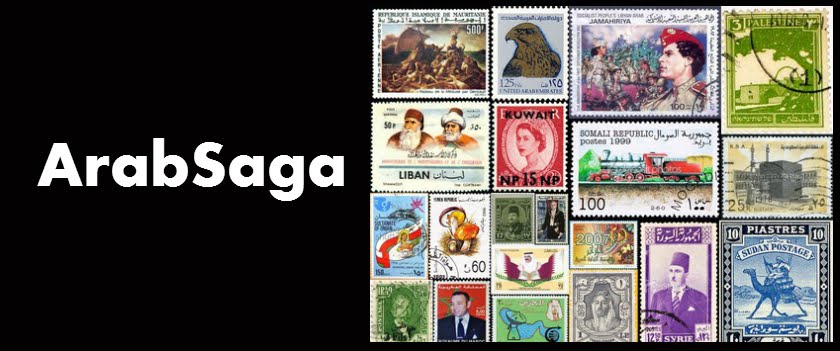 |
| Ailing Arabs caught between Iran (L) and Turkey (R) -- by Syrian cartoonist Fahd Bahady |
Turkish strategic affairs analyst Ali Hasan Bakir believes the
precipitous rapprochement between Turkey, the region’s Sunni heavyweight, and
Shiite powerhouse Iran could be aimed at giving “a Sunni cover to America’s nuclear
deal with Iran.”
The nuclear agreement between the 5+1 world powers and
Iran was reached in Geneva last Sunday.
Ankara-based Bakir tells
today’s edition of the Saudi daily Asharq
Alawsat: “There has been frantic efforts of late by Iran and the United
States to cajole Turkey by offering to iron out some of her regional hurdles.
“Iran, for instance, played a key role in pushing Iraqi Prime Minister
Nouri al-Maliki to open up to Turkey.
“This, in addition to addressing some of Turkey’s foreign policy concerns
such as reducing secular tensions in the area and fighting terror. That could
pave the way for closer bilateral cooperation to take Ankara’s interests into
consideration as regards Syria or at least cut its losses in case [Bashar al-]
Assad stays in power for a short while.”
Bakir is of the opinion “Iran’s aim is to win over Turkey and isolate the
Gulf Arab states at the regional level and secure a Sunni cover to America’s
nuclear deal with Iran -- a deal that strongly exasperated Saudi Arabia…”
Enhanced cooperation
between Turkey and Iran would improve regional stability, Turkish Foreign
Minister Ahmet Davutoglu said on a visit to Tehran this week.
The countries’ foreign
ministers demonstrated their growing unity Wednesday by jointly calling for a
cease-fire in Syria ahead of peace talks between its civil war factions set for
January 22 in Geneva.
Additionally, Davutoglu
announced that Iranian President Hassan Rouhani would visit Turkey in January.
“It is true that we
have some differences with neighboring countries, but the tenets of our foreign
policy have not changed,” Davutoglu said at a press conference with his Iranian
counterpart, Mohammad Javad Zarif, who will be visiting Kuwait, Oman and Saudi
Arabia shortly.
In Syria, Iran is
supporting the Assad regime, while the Turkish government is backing the
opposition.
Davutoglu said Tehran
and Ankara need not wait two months for Geneva-2, but “before then, the ground
should be paved for a cease-fire that will also contribute to the success of
that conference.”
Rouhani said in a
meeting with Davutoglu yesterday the Syria conflict “has no military solution,
and the country’s crisis should be ended through serious negotiations.”
The Turkish foreign
minister also called for greater energy cooperation between the two countries.
“At a place and time
where some try to instigate sectarian conflicts, dialogue between Iran and
Turkey is the most important dialogue in the region,” Davutoglu said.
Asharq Alawsat quotes unnamed Turkish
sources as saying their country’s spymaster, Hakan Fidan, shapes Iran policy and
“is not an enemy of Iran.”
